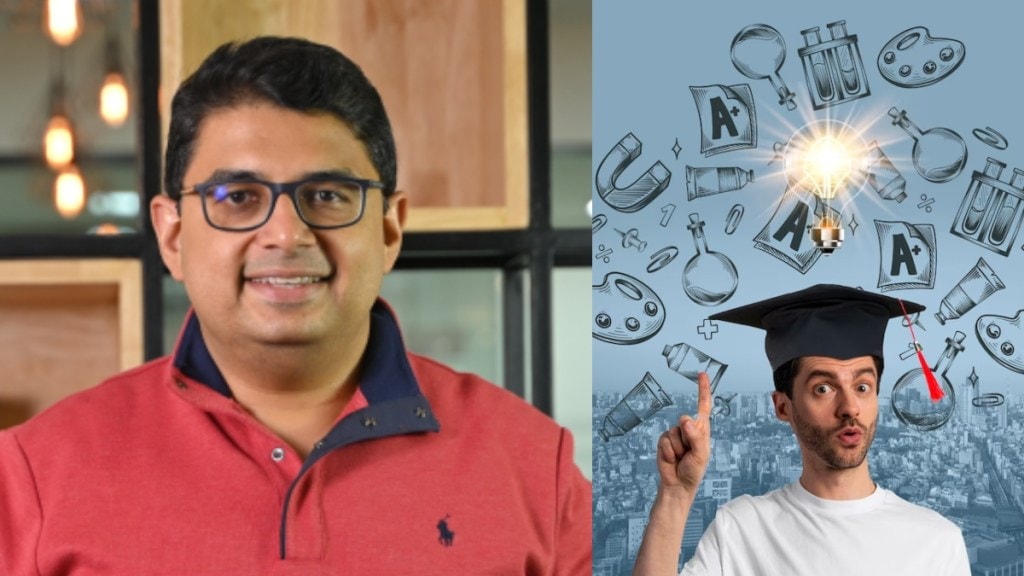Balu Ramachandran, founder of OC Academy shares his views on opportunities and challenges faced by the Indian education system with FE Education Online.
What is the best thing about today’s education system?
The standout feature of today’s education system is its merit-based structure, guaranteeing recognition for individual achievements. Moreover, the system offers accessibility with significantly lower education costs compared to many other countries. This ensures that education is not only merit-focused but also economically more reachable, creating a more inclusive learning environment.
What is the one thing you would like to change in the system?
A pivotal change needed in the system is an overhaul of the outdated curriculum. The current disconnect between academic learning and practical skills often leaves graduates ill-prepared for the workforce, necessitating additional training by employers. A more dynamic curriculum aligning with industry needs would bridge this gap, ensuring graduates enter the job market equipped with relevant skills. Additionally, fostering greater collaboration between academia and industry could enhance experiential learning, providing students with real-world insights and practical knowledge, thereby addressing the perennial challenge of unpreparedness in the job market. This shift can pave the way for more job-ready and competitive graduates.
What role has digital played in the evolution of the education system?
The digital revolution has been a major transformative force in reshaping education. It has made learning more inclusive, providing global accessibility to educational resources. Online platforms, a cornerstone of this revolution, have not only made diverse content available but also fostered global collaboration among students and educators. The cost-effective nature of online learning further ensures broader access to education. These advancements enable flexible, data-driven approaches, marking a paradigm shift from traditional teaching methods. Crucially, digital education is a potent solution to challenges like outdated curricula and non-standardised pedagogy, promoting a more dynamic and personalised learning experience across diverse educational levels.
What has been the disadvantage of digital in education?
While digital education offers unparalleled accessibility and efficiency, its uni-dimensional reliance may fall short in delivering a holistic educational experience. It is often better suited for upskilling or acquiring specialised skills. A disadvantage emerges when a singular digital approach neglects the interpersonal and experiential aspects that are integral to holistic learning. To overcome this limitation, a hybrid approach that seamlessly integrates the strengths of both traditional and digital methods becomes crucial. This ensures a well-rounded education that combines the benefits of technological advancements with the richness of traditional pedagogy, catering to diverse learning styles and needs.
What career advice would you like to give to students?
For students seeking career advice, prioritise recognising your strengths and capabilities. Instead of fixating on weaknesses, emphasise on refining the skills that are crucial for your chosen career. Dedicate time to both personal and professional growth, taking an active approach. Leverage opportunities for skill enhancement and stay adaptable in an ever-evolving job market. Networking and gaining practical experience are equally valuable, offering insights beyond textbooks. Embrace continuous learning and remain open to exploring diverse fields, allowing yourself to evolve with the dynamic demands of the professional landscape. Always seek mentorship and guidance, as it lays down the foundation necessary for a successful and fulfilling career journey.

